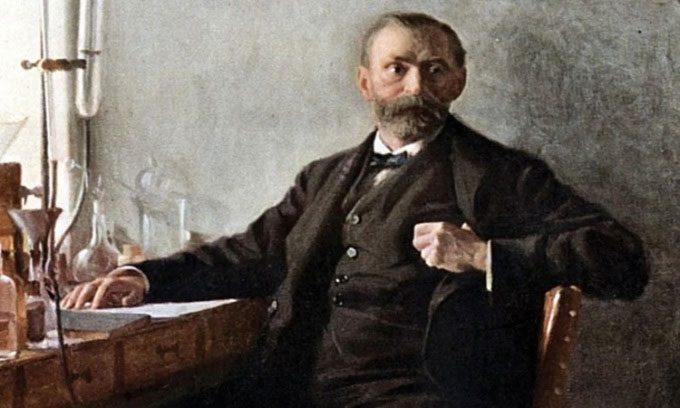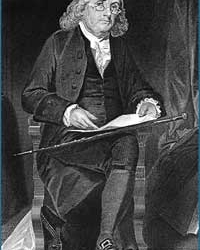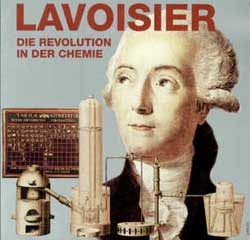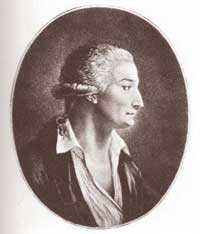Swedish inventor and businessman Alfred Nobel never married, researched explosives that led to his brother’s death, and dedicated his entire fortune to the Nobel Prize.
Alfred had a difficult childhood in Stockholm. He was born on October 21, 1833, to Immanuel Nobel and Andriette Ahlsell Nobel. Immanuel was an engineer and inventor who built bridges and buildings while experimenting with various methods of rock demolition. The same year Alfred was born, his father’s business failed and had to close. In 1837, Immanuel decided to seek fortune elsewhere by moving to Finland and Russia. Alfred’s mother left Stockholm to take care of the family. Alfred had two older brothers, Robert born in 1829 and Ludvig born in 1831. Coming from a wealthy family, his mother opened a vegetable shop to help support the family.

Portrait of Alfred Nobel. (Image: Britannica).
After some time, Immanuel’s business in St. Petersburg, Russia, began to thrive. He opened a mechanical shop supplying equipment to the Russian military and convinced the Tsar and generals that water mines could prevent enemy ships from attacking St. Petersburg. These mines successfully kept the Royal Navy from approaching St. Petersburg during the Crimean War from 1853 to 1856. With success in Russia, Immanuel moved the entire family to St. Petersburg in 1842. In 1843, Alfred’s younger brother Emil was born. All four siblings attended primary school with a tutor, learning subjects like natural science, languages, and literature. By the age of 17, Alfred was fluent in Swedish, Russian, French, English, and German.
In Paris, Alfred worked in the private laboratory of renowned chemist T. J. Pelouze. There, he met young Italian chemist Ascanio Sobrero, who had invented nitroglycerin three years earlier. This highly explosive liquid was deemed too dangerous for practical application. Alfred became fascinated with nitroglycerin and its potential use in construction. Upon returning to Russia after his studies, he collaborated with his father to develop nitroglycerin into a commercially viable explosive.
After the Crimean War ended, Alfred’s father’s business declined, prompting them to return to Sweden. Alfred’s brothers Robert and Ludvig remained in Russia to salvage the family business and achieved success. After the Nobel family returned to Sweden in 1863, Alfred focused on developing nitroglycerin as an explosive, but several experiments led to fatalities, including the death of his brother Emil. The government subsequently banned experiments in Stockholm.
Undeterred, Alfred moved his experiments to a barge or flat-bottomed boat on Lake Mälaren. In 1864, he began mass-producing nitroglycerin while continuing to experiment with various additives for safer production. Through experimentation, he discovered that mixing nitroglycerin with a fine sand called kieselguhr could transform the liquid into a paste that could be shaped into sticks. This invention emerged in 1866, and he patented the material the following year, naming it dynamite. He also invented a detonator to accompany it. These inventions significantly reduced the costs of construction projects such as tunneling, blasting rock, and building roads and bridges.
The demand for dynamite and detonators in the construction industry was high. Consequently, Alfred opened factories in 90 locations. He lived in Paris but frequently traveled to factories in over 20 countries, working in Stockholm (Sweden), Hamburg (Germany), Ardeer (Scotland), Paris and Sevran (France), Karlskoga (Sweden), and San Remo (Italy). He also experimented with producing synthetic rubber, leather, and artificial silk. By the time of his death in 1896, he held 355 patents.
Alfred had no immediate family. When he placed an advertisement for a secretary in the newspaper, a woman from Austria named Bertha Kinsky von Chinic und Tettau got the job. After a short time, she returned to Austria and married Count Arthur von Suttner. Alfred and Bertha maintained a friendship and correspondence over the years. Bertha increasingly became an active supporter of the peace movement. Later, when discussing his desire to establish the Nobel Prize, Alfred included an award for individuals or organizations promoting peace worldwide.
Alfred died in San Remo, Italy, on December 10, 1896. In his last will, he bequeathed most of his fortune to establish the Nobel Prize for individuals who made significant contributions in the fields of physics, chemistry, literature, and peace. The first Nobel Prizes were awarded in 1901 in Stockholm, Sweden, and Kristiania (now Oslo), Norway, and have continued to this day (the Nobel Prize in Economics was added later in 1968).




















































